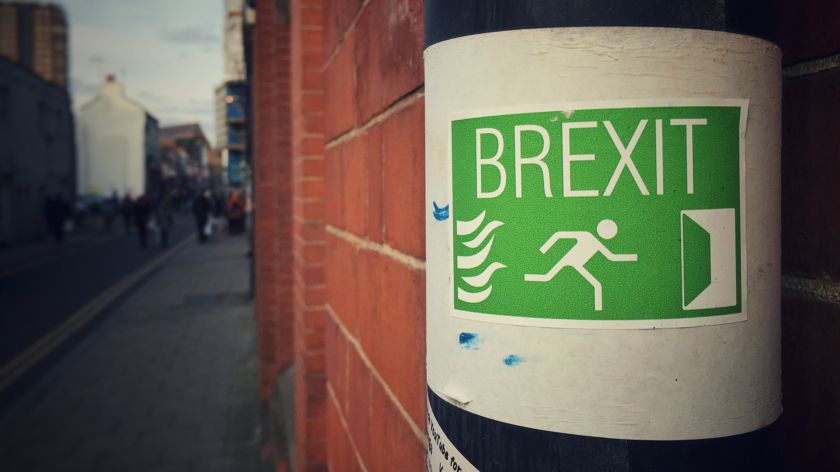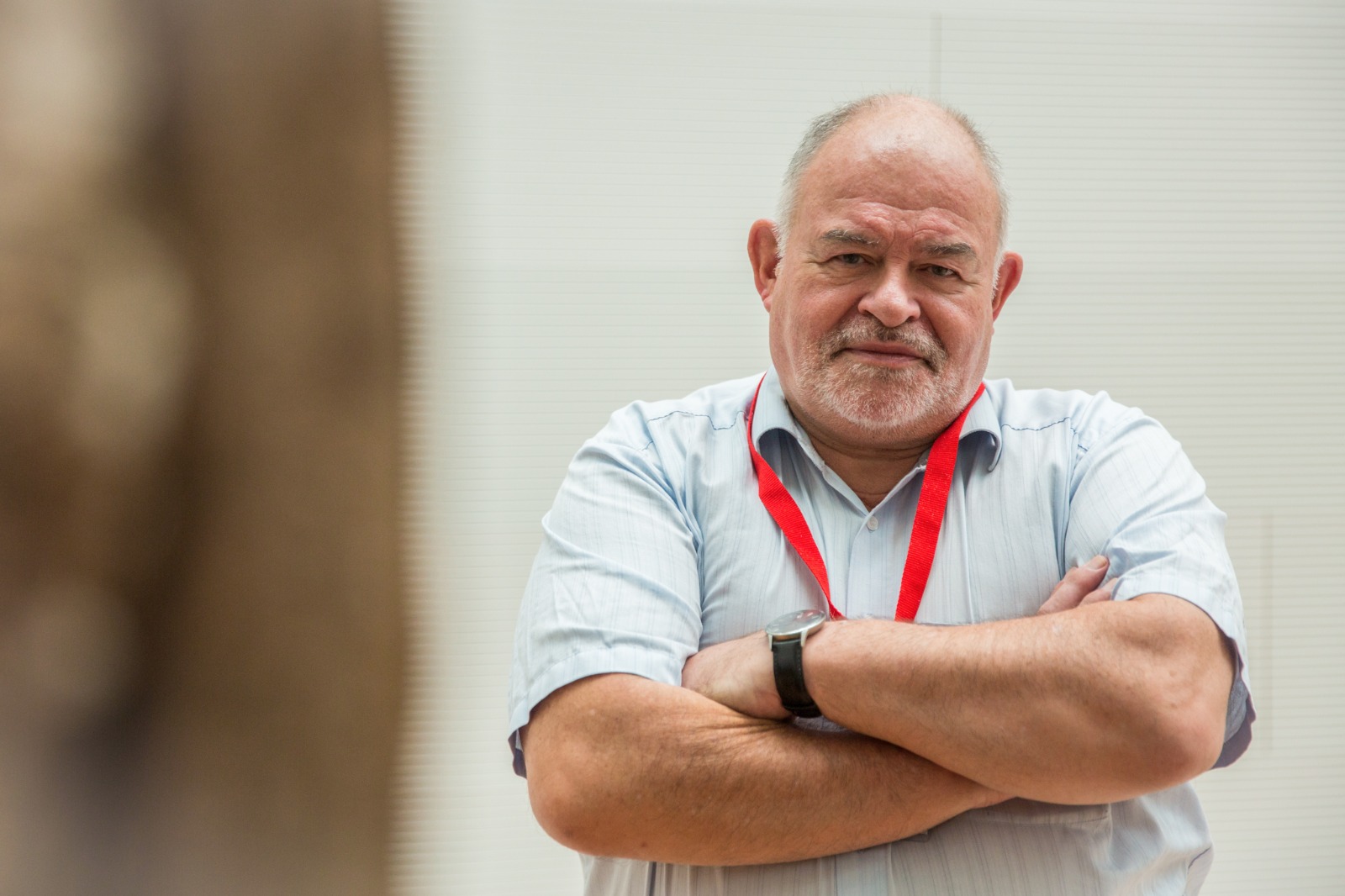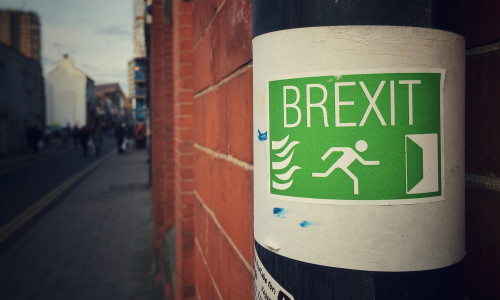Will scientists still cross the ocean after Brexit?
-
 Photo: Paul Lloyd
Photo: Paul Lloyd
The fourth round of Brexit negotiations is about to begin. What will the world look like for British and European scientists when the parties reach an agreement? John Hodgson, reader at Radboud’s partner university Nottingham Trent, is worried about the outcome. ‘Why would researchers and students to a country that has made very clear it does not want them?'
John Hodgson teaches about Brexit in real-time, he says. At Nottingham Trent University, where he is an associate professor, and at other places. ‘Things are happening as we speak. That is why we do teach about this, but not as a full master programme on the topic, for example. It all moves too fast.’ In Nijmegen, he taught a summer school course on Brexit’s legal process and implications. ‘Half of the students that attended, came from the UK to study this topic in Nijmegen’, he says. ‘They say they all voted remain.’
‘Our politicians seem to think that the EU needs us more than we need them’
The ‘leave’ vote in the Brexit referendum, over a year ago, causes a lot of uncertainty. Not in the last place for British and European students, researchers, lecturers and other scientists. ‘As I have been saying to the students, if people tell you they know what the final outcome is going to be, ignore them, because they are lying. Nobody knows’, says Hodgson. ‘What I do know is that Europe has some fairly clear red lines that they are not prepared to compromise on. We cannot have access to the single market without free movement of people, for example. Our politicians seem to think that the EU needs us more than we need them and that is demonstrably not the case.’

Millions of pounds
For the scientific world, the way Brexit is negotiated is very important, explains Hodgson. ‘There is an awful lot of research funding that is routed through the EU. On top of that, they have encouraged collaborative research projects. By doing that, they stimulated universities in Eastern Europe, the newer member states, to collaborate with more established universities in Western Europe.’ Some British universities are in the top ten globally, he says, and that is mostly based on their research. ‘Their reputation and qualification are based on that. This is often collaborative research, based on major projects. If you are the lead investigator for one of these projects, you are probably managing a budget of millions of pounds, a project will be scheduled to last 10 years. It involves a number of PhD students and postdoctoral researchers. It is almost a separate business enterprise.’
But EU funding goes to EU institutions. ‘British universities will certainly not be allowed to be lead investigators anymore. They might not even be let in as collaborators.’ And there are more detailed regulations that could be at stake. ‘There is even concern that our prime minister’s wish to not have anything to do with the European court of justice, which she is absolutely stupid if she thinks she can avoid, is leading to us leaving Euratom. This is the treaty that regulates the peaceful use of ionizing radiation. We use it as fuel, in radiotherapy, in medicine. Will nuclear scientists be free to move, for example to France, where a lot of research on this is located?’
Unacceptable behaviour
Freedom of movement is in general an important topic in science. ‘There is concern whether restrictions on freedom of movement will impact on the ability to attract researchers from the EU and beyond. So there are a huge number of researchers in particular, but also lecturers, who have come from the EU to the UK, and vice versa.’
‘If there is going to be a Brexit, is should be the softest one possible’
But research is just one of British researcher’s worries. There is also concern about the UK’s membership of the Erasmus programme. ‘This is not EU-only, of course, but does involve collaboration with the EU’, says Hodgson. ‘On what terms will EU students be allowed to study in the UK? It is possible that they will be treated as full international students who pay a full fee, which is far higher than home- and EU fee.’ According to him, students might not want to create a 30.000 pounds debt to go and study in a country that has clearly indicated that it does not want them. ‘There was quite a spike in unacceptable behaviour, abuse, verbal abuse, in the aftermath of the referendum. And it continues, although at a lower level. ‘Even though they are not really migrants in the full sense, they visit for a particular purpose and then leave, as recent research proves. However, the Prime Minister appears fixated on keeping students in the migrant statistics.’
The universities lobby for a good outcome of the negotiations, says Hodgson. ‘I think all vice-chancellors think that it would be best to forget about the whole thing and continue with the status quo. However, if there is going to be a Brexit, they want the softest possible Brexit. The minimum restrictions possible on both staff and students.’ Ideally, they would want to stay part of the various research projects, and the government should make the necessary contributions to those. ‘If that is not possible, it would probably be acceptable for them to be able to remain associated with those projects, even though they cannot be the leading investigators. Also, they want an immigration system which recognises the importance of students and academic staff.’ And in a perfect world? ‘Ideally, they want complete free movement. But we have to see. The union has told us back in June 2016, and repeated many times since, that we could not have the EU à la carte. You cannot pick and choose.’



